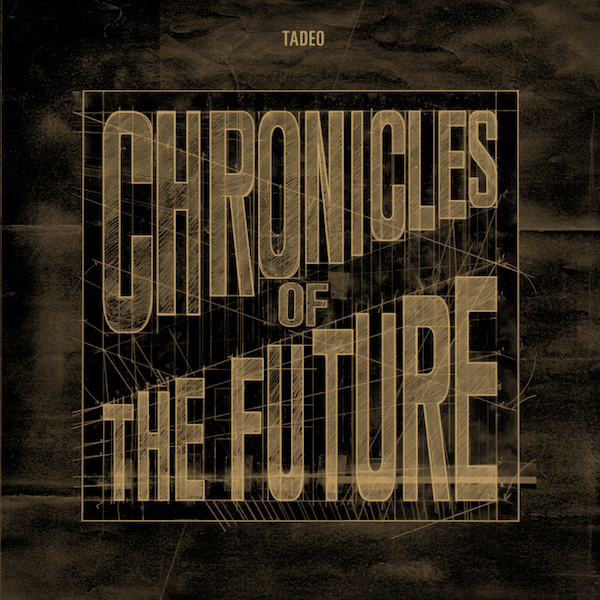Q&A: Tadeo Announces New Album On Non Series
‘Chronicles of the Future’ is set for release on January 29 2016.

Miguel Sar (a.k.a. Tadeo) will release his second album, Chronicles of the Future, through Psyk’s Non Series imprint early next year.
The Spanish producer, and founder of Cyclical Tracks, NET28 and Another Intelligence, has announced his second album will be through Non Series, a label through which he also released a split EP with Echologist last year. Over the course of the last decade, he has picked up popularity with his Jeff Mills-inspired brand of techno. Now, returning to Non Series (which has had recent output by the likes of Chevel, Aiken and Psyk under his Maan alias), Tadeo offers a full length that delves into sounds with which he aims to tell a story about human evolution in the future.
Ahead of the album’s January 29 2016 release, we spoke with Miguel to learn more.
It’s been a while since you have released a full length album. What happened in between?
Many things have happened during that time. In 2009 when my first album was published, and that was a turning point in my career. Basically, many important things ran out, and I needed to start again with a new beginning, looking for a new approach, and changing the way I would interact with the music. I devised a plan for a new label called Another Intelligence, which for the moment is replacing my former label, Cyclical Tracks. Around that time, I also made two albums: The first one became my first work for Token, and the second one remains unreleased, because it is not a techno album–it is more ambient). I have released on different labels such as Non Series, M_Rec, Semantica and, as I said earlier, Token. I also started an enjoyable project as a teacher in my studio, focussing on mixing and production.
Chronicles of the Future sounds like a movie title. What’s the plot? What will happen in the future?
I tell a story of how human society might develop in the future, with its strengths, weaknesses and contradictions. Men must meet their social needs, and so they develop a technology that makes Cyborgs become a reality. After that, technology itself creates a machine with its own mental capacity, that in turn creates more machines with their own thoughts. This conflicts with humans, and requires them to develop to deal with their actions—a new evolutionary step, both physically and psychologically.
How were your production processes influenced by this narrative approach?
In a totally direct way. In fact, before I did anything else, I wrote the different sections of the story. Each of the sections correspond to a theme on the album. At all times, I had the story printed out on my studio desk, so that I could constantly take in the history, and then look for an instrument or sound that corresponded with the progression of the text. At times it was hard to find—perhaps I had used it in another song on the album and did not want to repeat it, or perhaps it was too abstract. In the end, it was a great process, because I always felt like everything was under control.
It seems like you’ve been inspired by the way in which classical music is composed. Would you say that classical composition is the best technique to discuss future through music?
I think you can tell good stories with different techniques, but that using classical music gives you a lot of familiarity, because you know those textures and sounds. That’s always nice. The best way to talk about the future with music is by removing sounds from their comfort zone, and changing their texture a little. That changes the mode of listening, which forces you to not perceive the sounds as you normally would—that new perception is always unexpected, which is true of the future too. Classical composition is harmonious and balanced, which is perfect if you are looking for a particular element or feeling. If you then include the option to use new technologies, you can get very interesting results.

